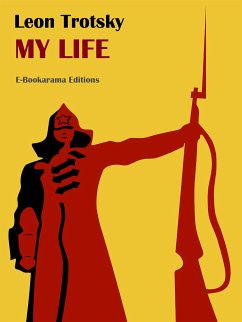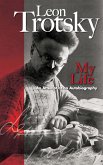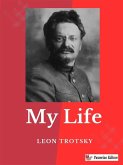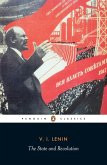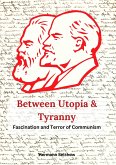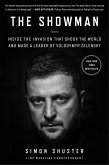"My Life" is an amazing story of an amazing life, regardless of your thoughts on Leon Trotsky's political views and stances. It is one of the most historically important autobiographies of the past century. Well worth reading and re-reading. "This book is not an objective photograph of my life," Trotsky writes in his foreword to "My Life", "but a component of it. In these pages I am continuing the struggle to which my whole life is devoted… Recounting events, I analyse and appraise them; telling my story, I defend myself, and even more frequently attack." When he wrote these words in 1929, Trotsky was fifty years old. He had left his old name of Lev Bronstein behind twenty-seven years ago, and in that interval he had escaped from Siberia twice, been imprisoned a number of times by a number of governments, met Lenin, fallen out with Lenin, fallen back in with Lenin, led the Petrograd Soviet, founded the Red Army, won the Civil War, produced a vast quantity of journalism, theory and even literary criticism and finally, after years of struggle against the rising Stalinist faction, found himself stripped of all power and exiled from the USSR. Once Lenin's friend and equal, he was now reviled. His views, integral to the formation of Bolshevik and then Soviet policy, no longer had any expression. His face was being excised from pictures, his words from pages. His allies were dead, exiled or surrendered. These are the circumstances in which he began to write his memoirs. "My Life" is primarily a very carefully constructed testimony. Trotsky's life and reputation were at stake. His story had to be watertight, explaining away his class origins (his parents were landowners), smoothing over his early conflicts with Lenin and ensuring that his religious and ethnic origins were not prominent. Every action had to be accounted for, every wrong step justified.
Dieser Download kann aus rechtlichen Gründen nur mit Rechnungsadresse in A, B, BG, CY, CZ, D, DK, EW, E, FIN, F, GR, HR, H, IRL, I, LT, L, LR, M, NL, PL, P, R, S, SLO, SK ausgeliefert werden.

